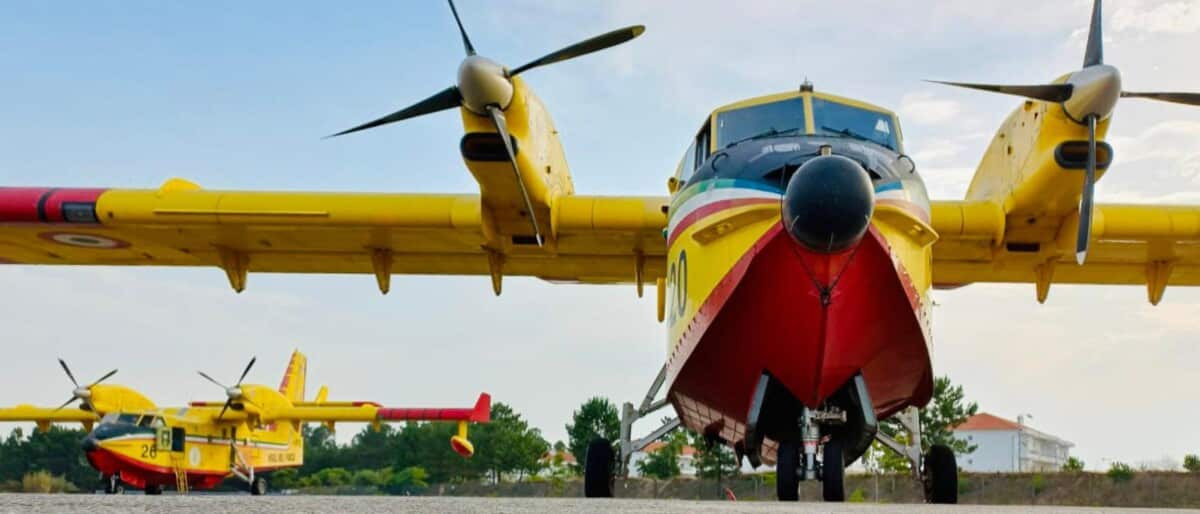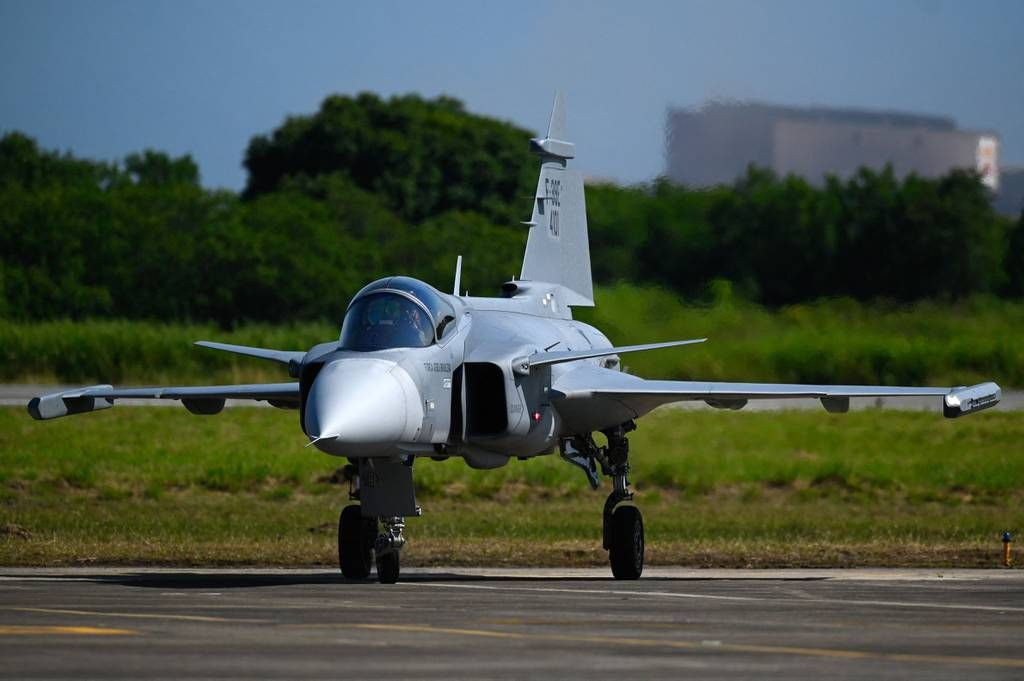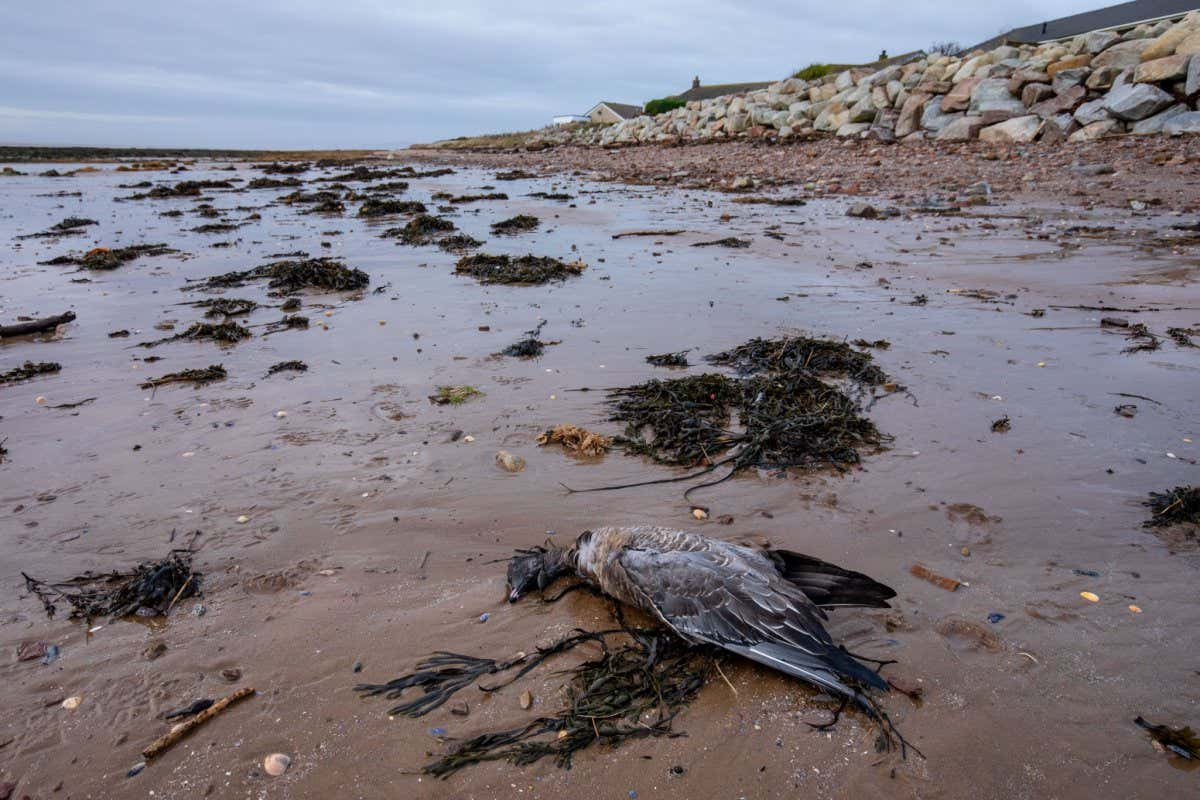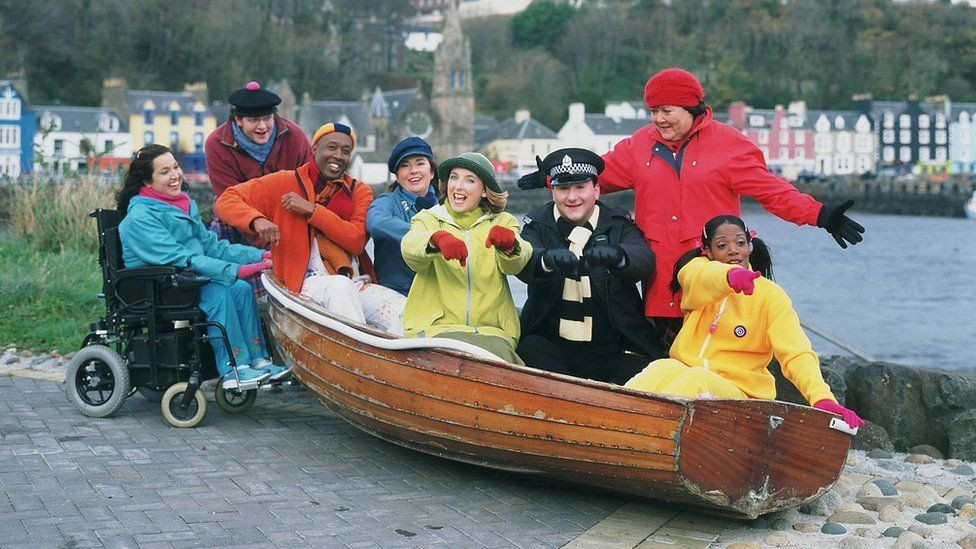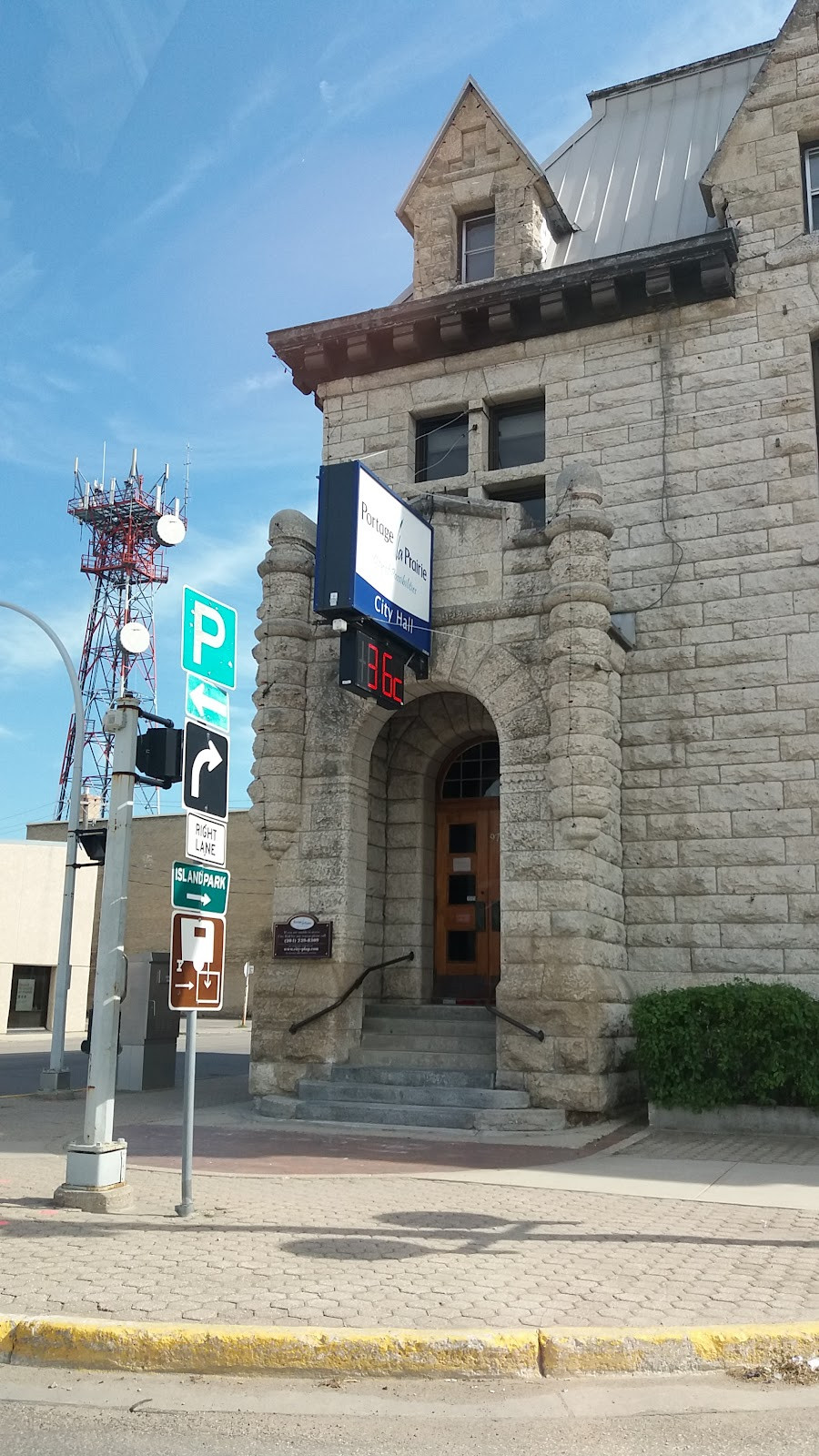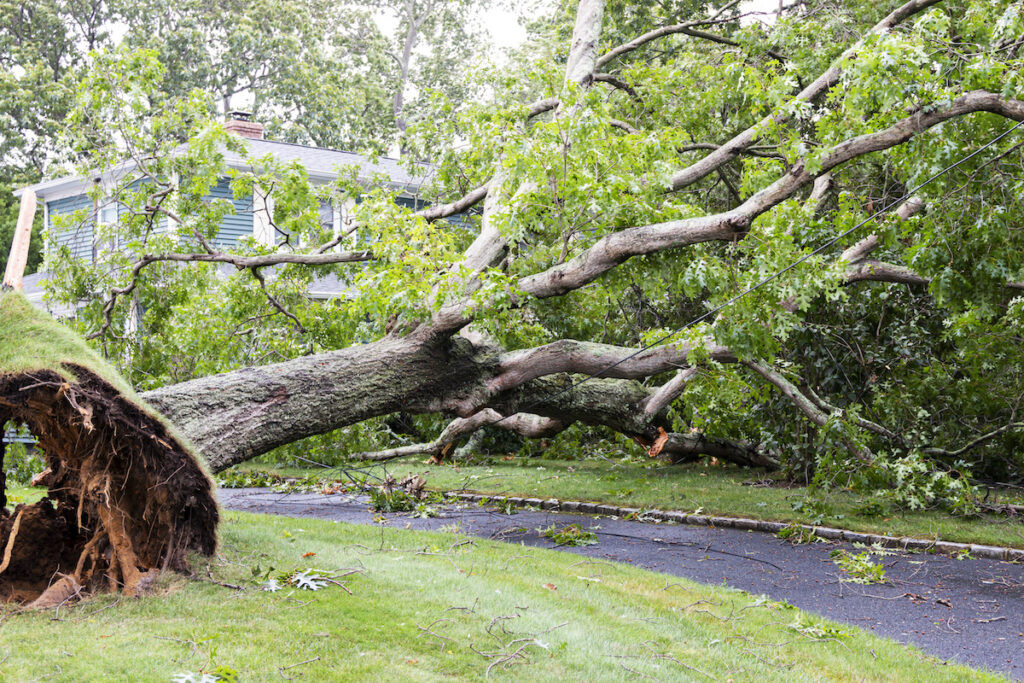The European Union sent two water-bombing planes from Spain to the Portuguese island of Madeira on Thursday to help efforts to put out a wildfire that has been raging for eight days. This comes after Portugal requested assistance via the EU civil protection mechanism RescEU, highlighting the EU's commitment to solidarity with its Member States during crises.
The blaze, which started on 14 August, has burned nearly 12,355 acres of vegetation, mostly in mountainous areas with steep slopes and difficult access. The two Canadair planes, which can dump 6,000 liters of water, are only being used to tame the fire in the central mountain range and cannot be utilized in urban or agricultural areas, according to the regional government chief Miguel Albuquerque. Firefighters, backed by a dozen vehicles and a helicopter, are tackling the blaze in the central mountain range and in Ponta do Sol, on the southern coast.
Madeira, an autonomous region of Portugal with around 250,000 residents, is a popular tourist destination and has been on alert for high temperatures and risk of wildfires for days. The island has not seen a fire of this scale since 2017, when it recorded its deadliest blazes. However, since then, the number of forest fires has gone down by more than half, thanks to a prevention awareness campaign. The new fire prevention awareness strategy will involve personalised door-to-door contact and campaigns in schools which will mobilise around half a million pupils over the next five years.
Madeira Wildfire: A Growing Concern
The wildfire on Madeira has caused significant concern, with the fire remaining uncontrolled and affecting more than 5,000 hectares of the island's total area. The situation has led to criticism of the Portuguese National Authority for Emergency and Civil Protection (ANEPC) for its handling of the situation. As a response, the agency has deployed a 60-member special unit to assist in firefighting efforts.
A Unified European Response
The EU's rapid response to Portugal's request for assistance through the EU Civil Protection Mechanism underscores the importance of a unified European response to natural disasters. The EU has strengthened its rescEU and European Civil Protection Pool capabilities this year, which includes 28 airplanes and 4 helicopters across 10 Member States. Additionally, over 560 firefighters from 12 countries have been prepositioned throughout Europe, ready to assist local fire brigades when needed.
A Global Trend
Rising global temperatures due to climate change have led to more frequent wildfires, from southern and eastern Europe to North America and parts of Asia. In Greece, the government offered emergency compensation totalling millions of euros to hundreds of households and businesses affected by a blaze that killed one woman and burned 10,000 hectares near Athens. The blaze began on 11 August near the town of Varnavas, 22 miles from the capital, and within a day reached the city’s northern suburbs on the slopes of Mount Penteli, one of the closest forests to the capital.
The Impact of Wildfires
Wildfires are a serious threat to the environment, causing significant damage to ecosystems and biodiversity. The devastating fires in Madeira and Greece highlight the urgent need for increased preventive measures and international collaboration to mitigate the risks posed by these natural disasters. In 2023, wildfires across Europe destroyed about 8,400 square kilometres of land, disrupting water supplies, damaging infrastructure and agricultural land, and impacting tourism and local economies. The fight against wildfires has a policy dimension as well. The 2030 strategy seeks to use the Common Agricultural Policy to allow farmers to better manage their forests and bring more attention to issues like abandoned land, agricultural practices that do not generate fire, and allow for vegetation that is always treated.
A Call to Action
The events in Madeira serve as a stark reminder of the devastating consequences of wildfires. It is crucial that international cooperation and proactive measures are taken to prevent and manage these increasingly frequent and severe events. The EU's response to Portugal's request for assistance is a positive step, but more needs to be done to address the underlying causes of wildfires and build resilience against their impacts. The world needs to learn from past mistakes and work together to prevent future tragedies.




